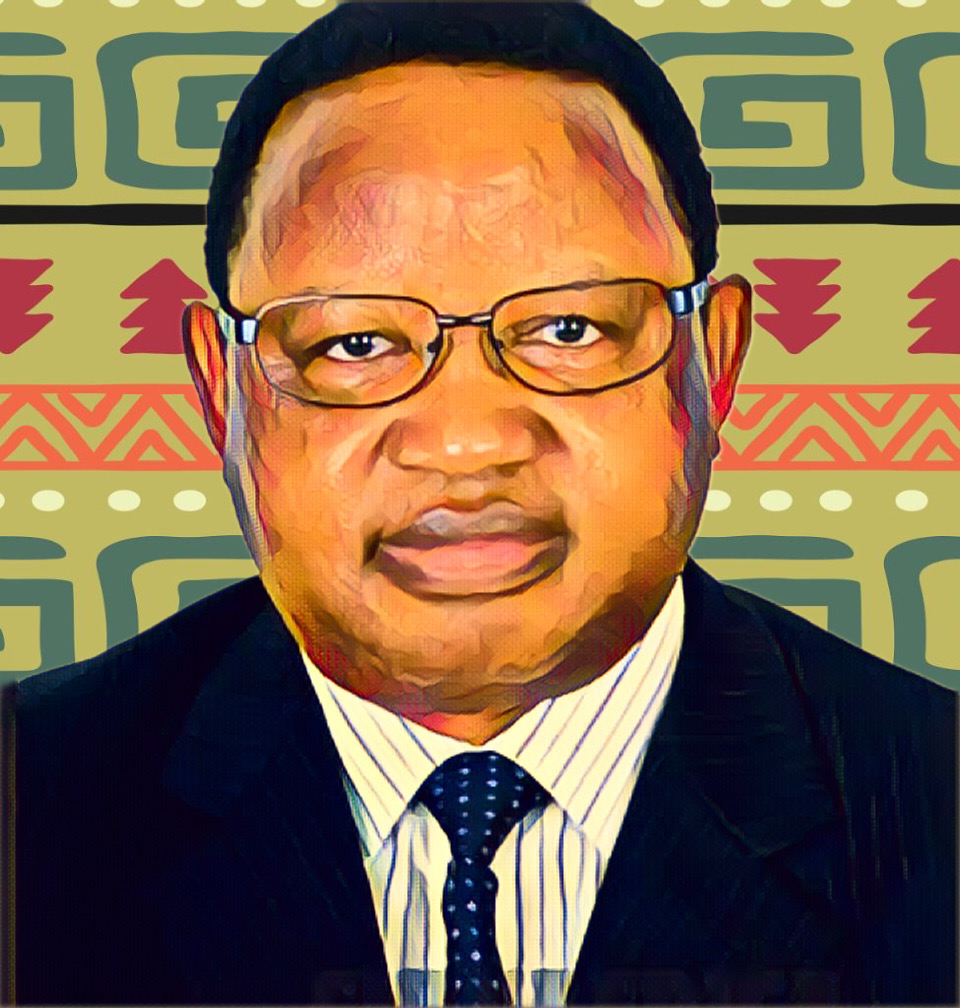KEY POINTS
- Residents dispute government’s claims about successful devolution.
- Government accused of retaining central control while claiming devolution.
- Constitutionally mandated fund disbursements to councils not fully implemented.
Residents of Harare have rejected Foreign Affairs Minister Frederick Shava’s assertion at the recent United Nations General Assembly that Zimbabwe’s devolution efforts have had a life-changing impact on citizens. Speaking on behalf of President Emmerson Mnangagwa, Shava said the country was experiencing transformative growth thanks to devolution initiatives.
“The government of Zimbabwe is advancing a devolution policy driven by our mantra, ‘Leaving no one and no place behind.’ The focus is on grassroots development through empowering provincial and district authorities to fulfill their development aspirations,” Shava said.
However, residents argue that the central government has failed to genuinely devolve power, keeping most local authorities under strict central control.
The recent Commission of Inquiry into Harare City Council operations has fueled concerns that the government is trying to maintain a strong grip on local governance, rather than handing over meaningful authority to local councils. Residents view the ongoing investigations as a ploy by the central government to wrest control from local bodies.
Residents describe situation as ‘de-concentration’
Reuben Akili, of the Combined Harare Residents Association (CHRA), disputed Shava’s claims, noting that recent decisions by the government have directly undermined the process of devolution. According to New Zimbabwe, Akili cited examples such as the procurement of Belarusian fire tenders, where local authorities were instructed to use devolution funds without their approval.
“The government is merely de-concentrating rather than devolving power, as there is an increasing presence of central authorities in local affairs. What we have now is central control disguised as devolution,” Akili said.
He further pointed to the contentious Pomona waste management case, in which Harare City Council lost control of its dumpsite to a private company, as evidence of the government’s attempts to retain significant influence over local matters. According to Akili, this heavy-handed involvement by central authorities undermines any efforts toward local autonomy.
Residents claim funds not being disbursed
Another major grievance raised by residents is the disbursement of funds. The government is constitutionally mandated to distribute 5 percent of national revenue to local councils to support grassroots development. However, residents say this requirement is not being met, with Akili alleging that only $10,000 has been allocated to Harare’s municipality this year.
“This is unacceptable, as the government is failing to follow through with the promises of devolution. We need real support to ensure the development of our communities, not just empty rhetoric,” he stated.
Akili’s concerns reflect widespread skepticism about the central government’s sincerity in implementing devolution. Residents argue that true devolution would involve significant financial and decision-making autonomy at the local level, a reality that appears far from what is currently being practiced.


